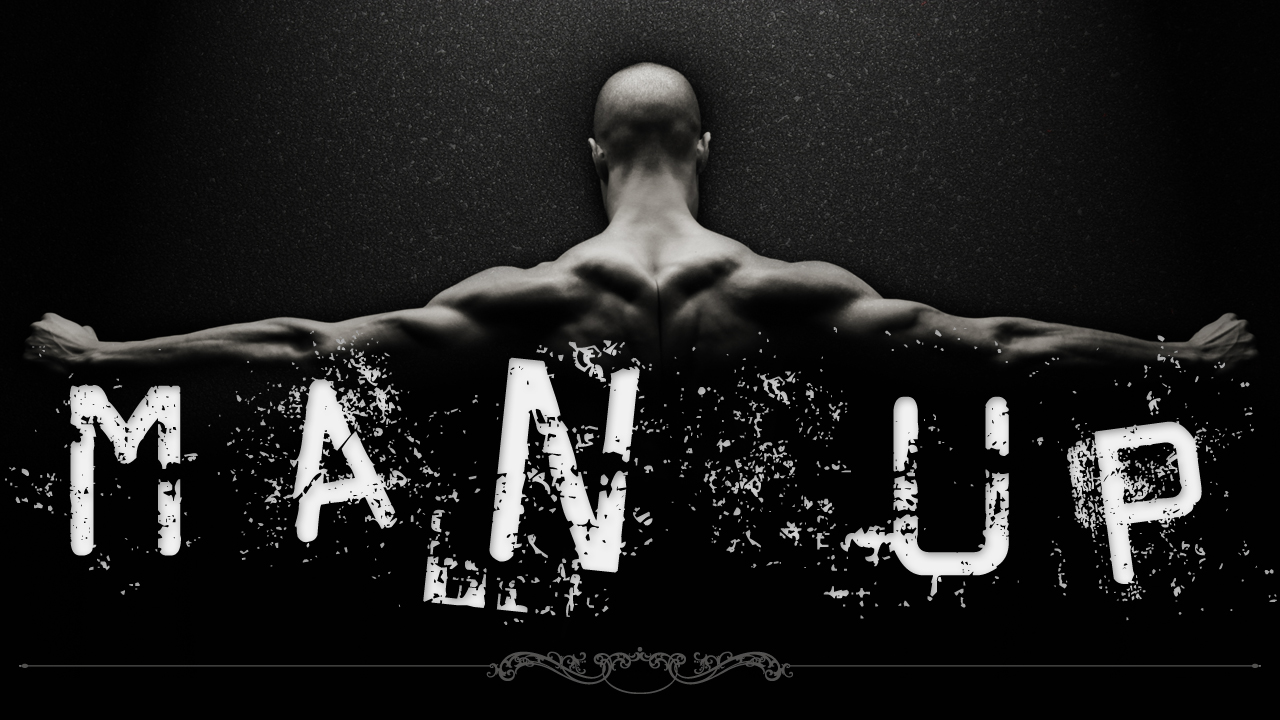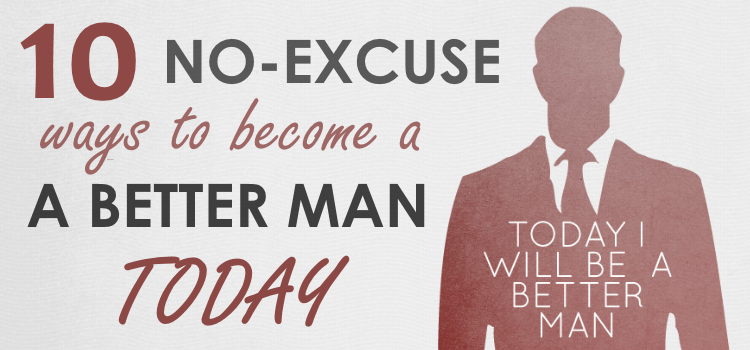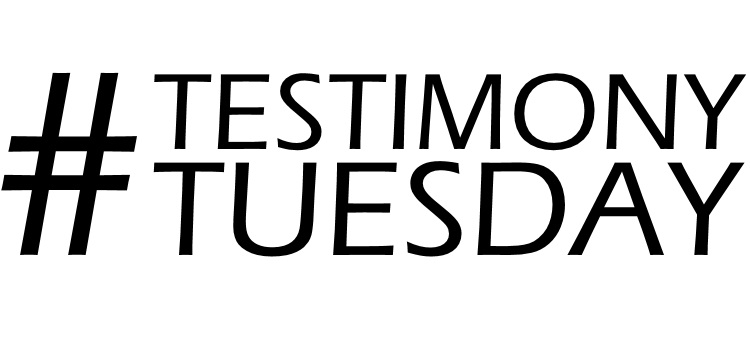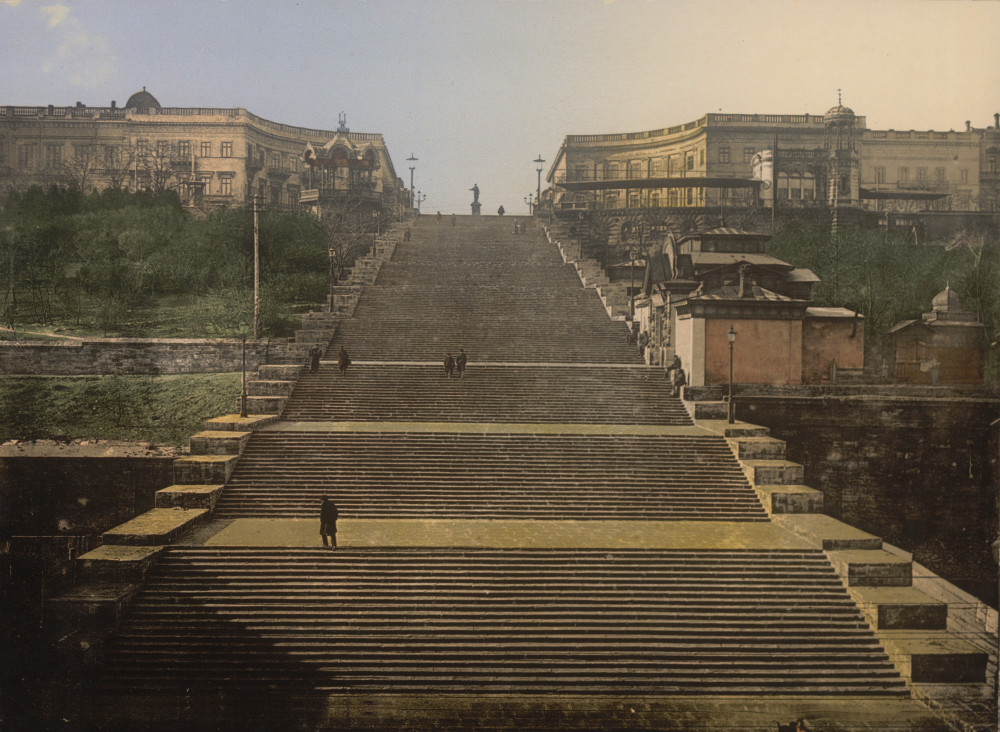When you think of a man, what comes to mind? A hairy backed, psychotic Neanderthal who happens to be your direct opponent in a contact sport? A gentlemen in overalls and covered in oil, equally versed in spare tires around his gut and those in the garage? A suited and booted city-slicker high on mammon and low on manners?
It’s an age-old question but answers abound: both history and culture have provided a myriad of masculine templates. We understand that being male does not make a man; one is form, the other is function. All men know what we don’t want to be: the opposite of a man. No, we aren’t talking a woman but, rather, an “anti-man;” the very antithesis of masculinity. Unfortunately, without being able to decide exactly what we are, we run the risk of defining ourselves primarily based on what we are not.
Depending on our heritage, family and social tribe, our views of what makes a man a man reveal not only our core values but also our fears. In the West, we’ve invented language and social posturing to reinforce ‘manliness’. Have you ever been told to ‘man up?’ We know that phrase means ‘do something that a man should do.’ But who decides? Who chooses? Who, or what, is the point of reference?
As I pondered this, it occurred to me to inquire of The Designer. As with all creation, there is always a purpose so I turned to the book of Genesis to see if there were any insights as to what God said men were meant to be like. First things first: when it comes to interpreting the Bible, there is something called the ‘principle of first mention.’ It’s a fancy way of saying that the first occurrence of something sets the standard for all other occurrences. Think of it like your first car: all our subsequent cars are compared to that first vehicle until our overall knowledge no longer needs this first point of reference.
The first appearance of Man in scripture sets the bar, the ideal. Our view of men should be built on this foundation. Genesis 1 and 2 are how everything was meant to be, before serpents and trees and fruit messed it all up. It seems that God made man for a specific set of purposes. And not just one purpose either. Quite a few! Some may surprise you; some may challenge or even offend you. I’ll let you decide. Intrinsically, within men, it seems there are certain needs that require fulfillment while simultaneously defining masculinity for us, according to divine design.
1) Responsibility
 “Responsibility: you’re doing it wrong”
“Responsibility: you’re doing it wrong”
The first observation I notice is the need for responsibility. Responsibility is the drive to manage ourselves and our tasks in order to shape our world. Man was made to work. We were placed in a garden to work it and to keep it. God gave us things to do, equipping us with all that we needed. Responsibility is built into the framework of men; we know this because of the social stigma that is present whenever we feel a man is forfeiting his responsibilities, whether to himself or others, with a particular emphasis on family responsibility. Passive abscondence of responsibility irks us when we observe it in our fellow man. Without having or embracing responsibility, things don’t go well. The handling of our responsibilities is a primary measure of our status as men.
2) Influence

“As a final resort, John could rely on
his trusty Hadouken to get his way”
The second I see is the hunger for influence: that is, the desire to lead and shape others within our world. Man was meant to take dominion, fill the earth and subdue it. The desire in men to want to lead, grow, improve, conquer, progress and ultimately influence and win is actually right! Why do you think we compete with each other, whether in sporting achievements, earning power, bench press capacity or other less savory accomplishments? Our desire to influence can be tainted by various factors, showing itself as aggressive domination or competition. But it is clear: the desire for influence is built into the hearts of men.
3) Family

“After her feeble Ultimate Frisbee performance, Katie was
devastated to lose her place in the family pecking order.“
The third I see is family, or the way we walk through our world with others. Whether this is being fruitful and multiplying, subduing and filling the earth, or the introduction and ongoing partnership with Eve of Eden in the Adamic Romance, one thing is clear: family and community are God’s intention for men. Marriage maketh the man – the partnership with another brings out the best in him – and the ultimate fulfillment of responsibility and influence comes in producing a legacy that represents a man in the form of his children. Family should matter to men.
It seems that the God who takes responsibility, influences his creation, and dwells in Trinitarian community also makes men in his very own image. The divine design is the three traits together; the urge for influence is inseparable from the importance of responsibility, and both are linked to cultivating community, primarily through marriage, fathering children and and providing for family.
Interesting, isn’t it? Even in a Biblical sense, masculinity is immediately placed within the triangle of responsibility, influence and family. Make a choice to take one out of the equation, and you lose what it is to be a man. What are your thoughts? How are you manning up? And how do you plan to be a better man in 2014?













Great article Anthony! I’ve never really thought of the need for influence as being a universal aspiration of men, at least on the same level as responsibility and family. I’d like to hear more from you on how we can build influence, as men, in a healthy manner.
Enjoyed this. Well done Ant. But I have two questions: 1. the traits you refer to – was man created that way or was Man created that way? I.e. don’t these three traits apply to women too, though perhaps in different ways? 2. What does your third point mean for a man who never marries and has children? Can he not achieve biblical masculinity?
Thanks Nat. Excellent questions! I’ll have a go at responding:
1. I think these traits are for both genders, but in different ways. My rather unfashionable view means that I consider the role of ‘Helper’ to be paramount to how these may be fulfilled in women. Not that I’m advocating chauvinism or male superiority. It’s just interesting to me that many of these scriptures I cited are initially spoken to Adam, and not Adam and Eve. Then God says “it’s not good for man to live alone” and his rib becomes his wife! By nature of the Helper role (or Help-Meet, which is a better translation), it seems to me that the original divine design was that man’s call – Adam’s – became Man’s call – Adam and Eve’s. His call became their call, because he couldn’t do it without her. I think that’s still true today! That partnership of equality yet difference better reflects the heart of God. Genesis 3, with the subsequent Fall and tainting of sin of everything, skewed the roles, which we can see now fall short in a myriad of ways in many cultures today.
2. Again, controversially perhaps, but I’d wonder ‘yes’. Certainly, the fullness of masculinity at least. The original plan of God seems to suggest marriage and family was his heart! Especially as this is reflected in the commands to ‘go forth and multiply’ and ‘fill the earth.’ Does a wilful choice to refuse to do this go against the call of God? Perhaps! But I’m talking about a wilful choice, not one enforced through certain situations. Now I do understand that some have the gift of singleness – although scripturally, that seems linked to giving oneself solely to Kingdom purposes as a consecration to God. Paul’s teachings on singleness aren’t an imperative or an adamant dogmatism, more of an exhortation with caveats for those he recognises aren’t like him! It’s also interesting God uses the metaphor of marriage through Old and New Testament to illustrate the relationship between him and his people. He values it!
Both your questions open up something fascinating. As Christians, who have been tasked with redemption, do we need to consider more thoroughly what redemption means for marriage?
Great Read Anthony, food for thought at the start of 2014. And the comments you make have given me things to work on both at home and at work.
Excellent article. Sometimes the many roles and responsibilities that we have as Godly men can seem daunting to the man who is striving to be all that God has called him to be. It is refreshing to read an article that breaks it down to the basics. I look forward to more posts on manhood.
Anthony, This is a great article, especially about responsibility and influence. I tend to find myself wanting to make an impact on those around me, not necessarily for fame and fortune but I want to be known for influencing culture in a way that honors God.
Comments are closed.